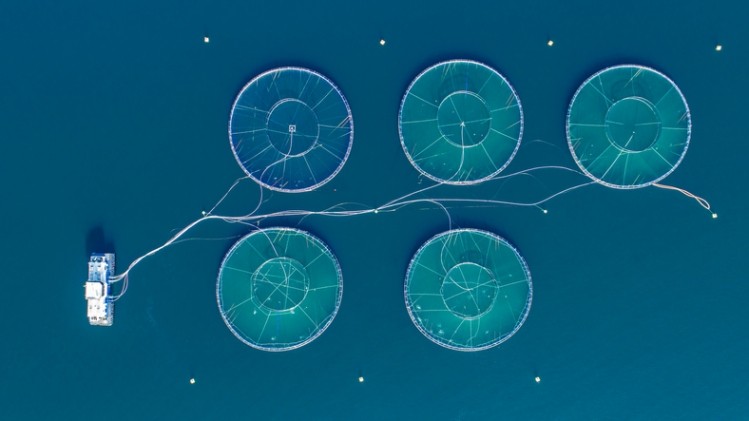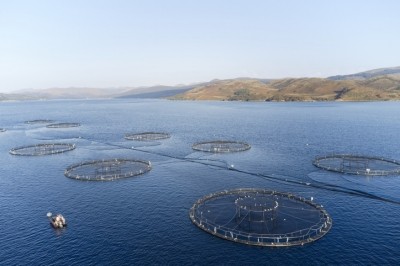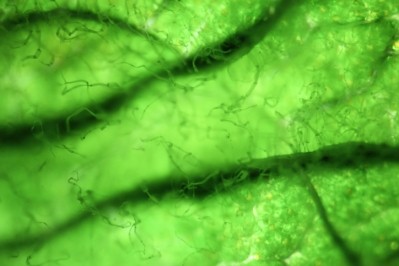Veramaris in lead at halfway point of fish feed competition, prize money increases

Sustainable aquaculture investment fund Cuna del Mar just donated US$100K to the effort, reported the organizers.
The concept of the F3 challenge is that competitor who sells the most ‘fish-free’ fish oil for aquaculture under the imposed criteria will win the US$200K grand prize.
So far, Veramaris, a Netherlands headquartered joint venture between DSM and Evonik focused on a microalgae derived DHA and EPA rich algal oil, remains in the lead with the most product sold.
DSM and Evonik said the product arsing out of the JV is the first liquid, non-fish based source of omega-3 and that it offers a high concentration of active ingredients – comprising more than 50% of the product.
“Feed and pet food producers can apply it in the same way that fish oil is currently used,” a spokesperson for DSM told us last year. “This is one of the great advantages; there is absolutely no need to change processes since our product can easily be introduced in existing operations.”
The strain used, Schizochytrium, is a heterotrophic organism, he said. “It is particularly suitable for large-scale fermentation processes, as it does not depend on sunlight.”
The oil is also being produced at a facility in Nebraska in the US and at a plant in Slovakia. Commercial quantities will be available in the second half of this year.
Earlier this year, we reported on how Norwegian salmon farmer, Lingalaks, a farming company rearing Atlantic salmon, had been covering 50% of its salmon production since last October with a feed formulation produced by Nutreco’s fish feed manufacturing arm, Skretting, that included the Veramaris algal oil.
Other F3 challenge competitors
The three other teams participating in the contest include China’s Guangdong Evergreen Feed Industry Co, and Shen Zhen Alpha Feed Co, and the UK/US based team Aquaculture Innovation/Qualitas Health.
As of the second sales reporting period, the F3 Challenges coordinators said the four competitors have collectively sold 210,265 kilograms of F3 oil during the contest.
The organizers noted that, each year, an estimated 16 million metric tons of wild fish are caught exclusively for use in fish oil and fishmeal.
“Wild-caught fish are currently the major source of omega-3 known and contains DHA, EPA and ARA—essential fatty acids needed to grow farmed-raised fish. Without alternative marine animal-free oil sources, the world’s oceans will not be able to keep up with the demand for seafood to feed the growing world population, which could result in major supply chain disruptions in the multi-billion dollar aquaculture industry as well as ecological collapse.”
The University of Arizona, University of Massachusetts Boston, Synbiobeta, Anthropocene Institute, Dawson Family Fund, Sustainable Ocean Alliance, The Nature Conservancy, The Campbell Foundation, Tides Foundation and The National Renderers Association are sponsors of the challenge.















